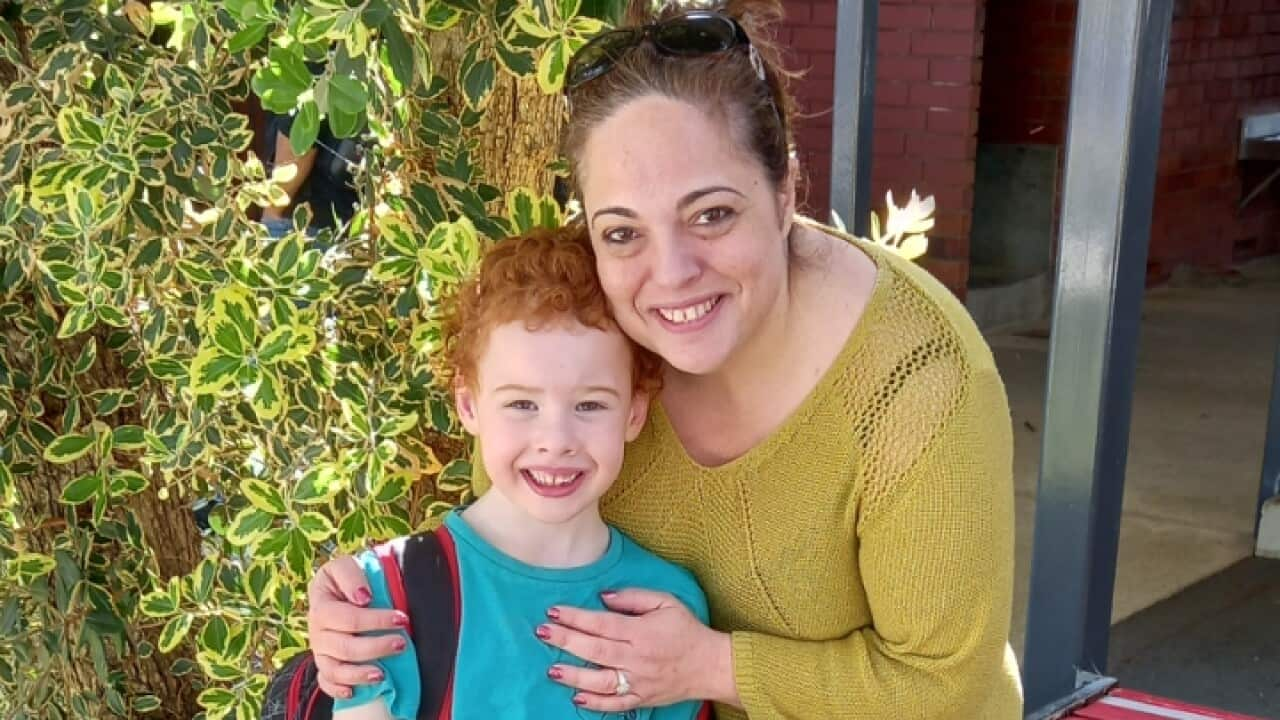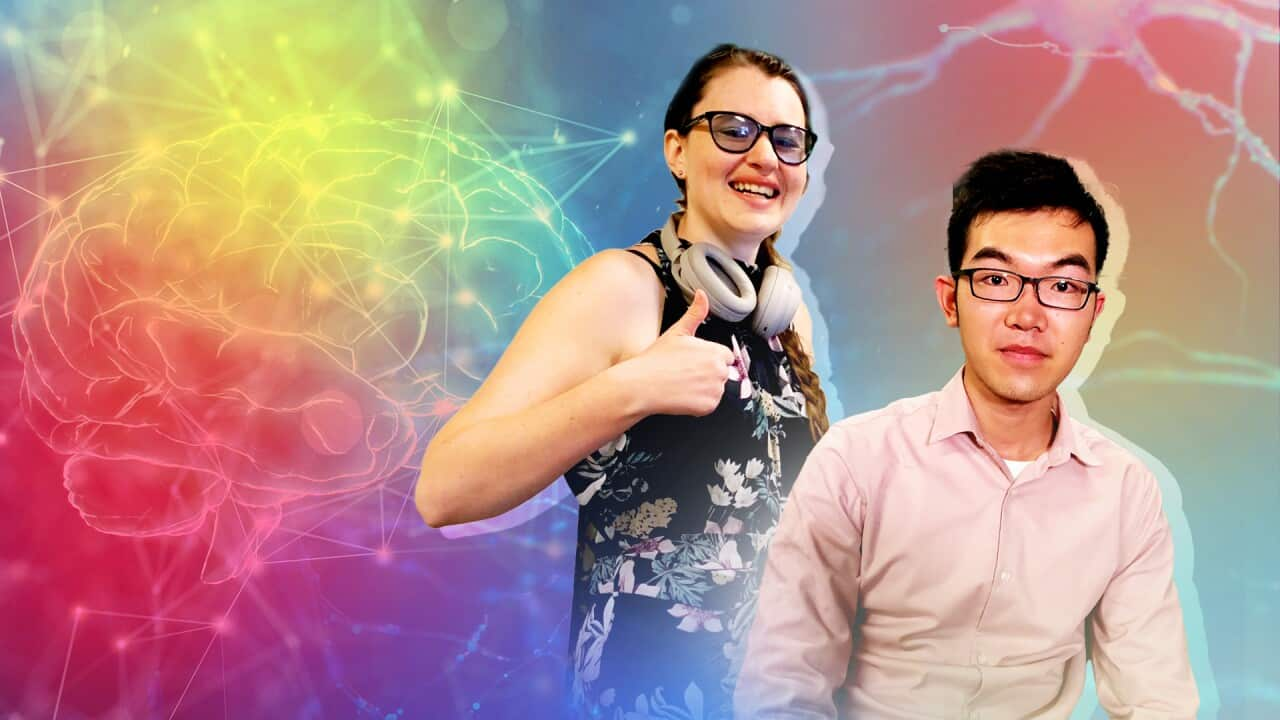Key Points
- Autistic man Hayden McDonald wants the wider community to have a better understanding of autism.
- He is flying around Australia in a light aircraft, stopping in regional towns along the way to speak with locals.
- McDonald flies recreationally and believes the medical process required to work as a pilot is too rigid.
A 22-year-old autistic man from regional Western Australia has taken to the skies on a mission.
Hayden McDonald is part way through a solo 14,000-km journey that will see him circumnavigate the country.
He took off from his hometown of Esperance on 8 September.
Along the way, he hopes to dispel misconceptions about neurodivergent people and prompt a rethink of the "inflexible process" required to obtain a pilot's licence for private or commercial purposes.

The total trip is expected to involve 80 hours of flight time and cover 14,000 km. Source: Supplied
On his journey, he will stop in 35 towns and plans to speak to school and community groups in most of those about autism acceptance and his experience with flying.
As a young child, he was mute and didn't talk until the age of five. While public speaking can be daunting, McDonald feels he has an important message to share.
He wants people to understand autistic people are not "broken" and don't need "fixing" – ideas he labelled as part of the "medical model".
"It sees people as broken or disabled, a burden on someone else, that we have this burden to bear, but I want people to move to more of a social model, which uses practical support and solutions tailored to that specific person's needs," McDonald said.
"It should be supporting us and making sure that the general public meets us halfway.
"So yes, we all need to learn some skills, but the general public needs to have the understanding that we're different and make accommodations."
McDonald said he was bullied and made to feel excluded for being different when in school, and he doesn't want other students to feel this way.
"We need to make sure that there's some education in place [so] that the neurotypical kids can understand what autism is and accept that we are different.
"We have different quirks, but that's what makes us us."
McDonald's neurodiversity means he is very analytical and has a strong focus on routines and habits.
"It makes me approach the world differently. I actually think in a different way," he said.
A lot of loud and high-pitched noise can also give him sensory overload.
This means McDonald has to have a good sense of self-awareness, taking stock of how he is feeling, to ensure he is fit to fly.

Hayden McDonald's solo flying journey is challenging but provides an enjoyable sense of freedom. Source: Supplied
McDonald acknowledges that dealing with unplanned circumstances can be extra challenging, but says his determination helps him problem-solve.
For instance, one morning he had difficulty starting his plane due to low temperatures. Challenges like this tested his patience but increased his sense of independence.
Like many other autistic people, McDonald is used to masking, a term that refers to the practice of concealing or minimising certain traits to fit in with societal norms.
When speaking to SBS News, he said he'd only just realised that his journey so far had already brought him a huge sense of happiness and freedom.
"I'm actually taking the mask off and really truly being who I am," he said.
McDonald, who currently works as an airport operations assistant in his hometown, dreams of flying for the Royal Flying Doctor Service.
However, he believes the Civil Aviation Safety Authority's (CASA's) current medical certificate process makes it impossible for him or any other autistic people to obtain the required documentation to fly planes professionally.
While CASA told SBS News that neurodiversity was "not an automatic exclusion to gaining a pilot’s licence and all cases are reviewed on their merit by a qualified aviation medical professional", McDonald believes the process is too rigid for those on the spectrum.
“I want CASA to change the discriminatory medical process. I’m not saying 'scrap the medical process', because no one wants to compromise aeronautical safety, but realistically the system needs to be modernised to have greater flexibility," he said.
CASA's spokeswoman said the authority was committed to finding ways to support people to be able to fly safely.
"We work with medical specialists and aviation medicine experts around the world on how our industry approaches medical certification for neurodiversity."
For now, McDonald is focused on the skies ahead of him.
He hopes to arrive back in his hometown sometime in November.
*McDonald prefers to be referred to












